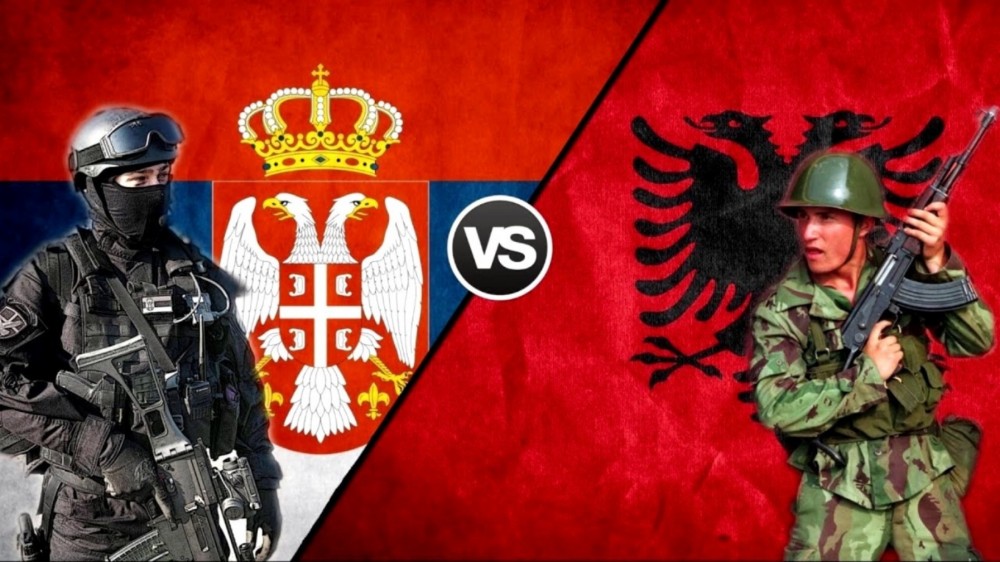
Kosovo`s independence remains one of the most problematic aspects of the post-Yugoslav political order, dividing UN members, still in the phase of a frozen conflict and marked by the split between Serbia`s traditional allies and the supporters of Kosovar independence. As the last episode of Yugoslavia`s explosive disintegration, the Kosovo war showed how theradicalization inoculated by the nationalist leadership was responsible for the biggest humanitarian crisis after the Second World War. So profound was the impact of radicalization on society, that almost two decades after the last bullet was fired, the on-site reality is still determined by ethnic grudges. The prospect of EU integration, now the only common desideratum of the former enemies, could be considered an incentive for reconciliation. However, nationalistic outbreaks still reanimate the desire for retaliation, thereby slowing down the process of Europeanisation, especially for Kosovo, which still does not have any legally established EU ascension path.
Source: Micu A-A. (2018) Kosovo’s Independence and the Serbian Coalitions against the Kosovar Self-Determination. Romanian Journal of History and International Studies. 5(1): 33-69
Source web-site: https://rjhis.ro/ojs/index.php/rjhis/article/view/251/145
Number of views: 2638